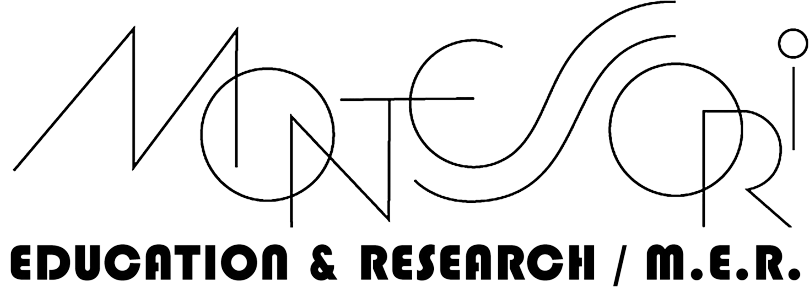Artiklar & Forskning
Signert, Kerstin – Variation och invarians i Maria Montessoris
sinnestränande materiel, Göteborgs Universitet 2012
Akademisk avhandling i pedagogik, vid Institutionen för pedagogik, kommunikation och lärande, Göteborg Universitet av Kerstin Signert publicerad 2012.
Abstract
Title Variation and invariance in Maria Montessori’s sensory training
materials
Language: Swedish with an English summary
Keywords: Montessori, Montessori pedagogy, sensorial education, variation
theory, variation, invariance, learning
ISBN: 978-91-7346-729-2
The purpose of this study was to analyse the Montessori pedagogy with the
objective to theoretically describe and explain the Montessori pedagogical
method. The aim has been to find an answer to what still makes the Montessori
pedagogy, after more than one hundred years, successfully spread to schools all
over the world. Using older and newer theory formations, primarily a number of
variation theoretical concepts, empirical data of small children using Montessori
material were analysed.
The study show that nothing will come from nothing. Maria Montessori was
a child of her time, and not alone in her aspirations. She made use of many of
the current events and ideas, and transformed them into her own. The
pedagogical methods that Montessori developed, when she met intellectually
challenged, under stimulated children in the hospital, came about at a time when
measures for these children were discussed from a medical and educational
perspective.
Later, when the education in the regular school was debated throughout
society, she turned to these children to develop the methods that she had been
inspired to by the two doctors Jean Itard and Edouard Séguin. The common
characteristics of their method were variation and invariance, a method that they
in turn were inspired to use by Jacob Rodriguez Pereira.
The result shows that Montessori too made a system of variation and invariance in the training with the sensorial material, which also shows that the
method Montessori used for sensorial education can also be appreciated within
the scope of variation theory. The Montessori pedagogy is based on a carefully
thought-out principle on learning that also proves to be built in to the sensorial
material. This is not an antiquated and vague theory but processed though and
practices that corresponds with current science. The materials one can literally
touch, allows the theory and method to live on relatively unchanged over time
and space.
Margareta Johansson och Elisabet Plöjel Westmoreland
Vårt pedagogiska Credo – de mellanmänskliga relationernas betydelse för lärandet.
Reflektioner kring en högskolepedagogisk praktik i ljuset av Maria Montessoris och Martin Bubers pedagogiska filosofi.
Nätverket M.E.R. Montessori Education and Research – Mera ljus på Montessoripedagogiken
Akademisk avhandling i pedagogik, vid Institutionen för pedagogik, kommunikation och lärande, Göteborg Universitet av Kerstin Signert publicerad 2012.
I samband med att det 2007 hade gått 100 år sedan den första montessoriskolan öppnades arrangerades världen över olika manifestationer. Som ett inslag i debatten om den svenska skolan, då det från politiskt håll kommenderas ”ordning och reda i skolan”, medan debattörer å andra sidan pekar på vikten av att förändra skolan i grunden, skrev medlemmar i nätverket M.E.R. en artikel som i maj detta år publicerades i Sydsvenska Dagbladet. Bakgrunden var att det finns ett stort internationellt intresse av att granska mekanismerna bakom den framgångsrika pedagogiken, men att detta intresse tycks vara svalare i Sverige, vilket visar sig i att montessoripedagogiken, trots att den är den största så kallade alternativa pedagogiken i Sverige, ännu inte rönt något intresse från svenskt forskarhåll.
Eva-Maria Ahlquist, universitetsadjunkt, doktorand, Lärarhögskolan i Stockholm
Bodil Cronquist, universitetsadjunkt, Malmö högskola lärarutbildningen
Britten Ekstrand, fil.dr. lektor, Högskolan Kristianstad
Christina Gustafsson, professor, Uppsala universitet
Per Gynther, universitetsadjunkt, Lärarhögskolan i Stockholm
Karin Heberlein, universitetsadjunkt, Malmö högskola, lärarutbildningen
Margareta Johansson, fil.dr. lektor, Lunds universitet
Josefin Larsson, universitetsadjunkt, Lärarhögskolan i Stockholm
Kerstin Signert, universitetsadjunkt, doktorand, Göteborgs universitet
